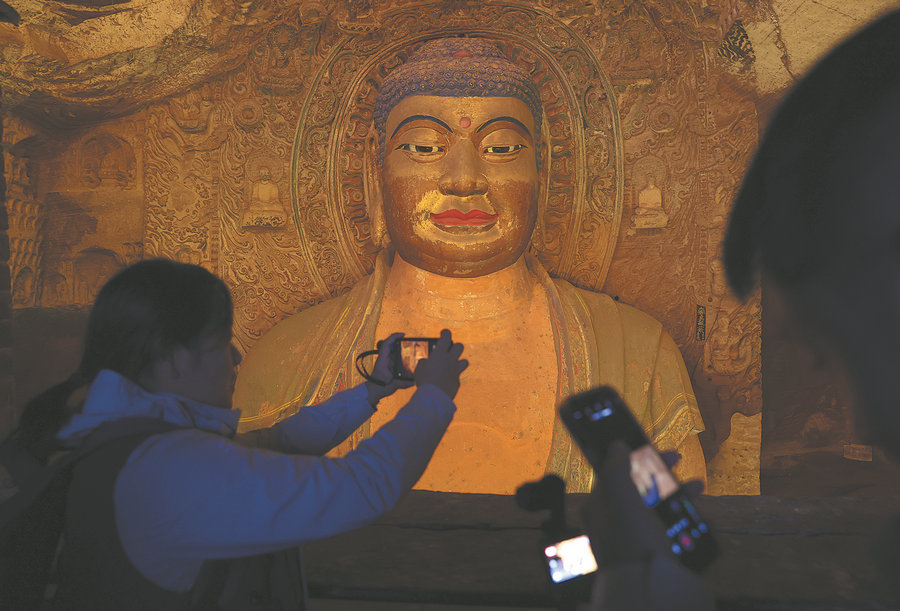Passing down history
Well-equipped archaeologists discover that holding the past in their hands teaches a lifetime worth of lessons, Wang Ru reports in Shaanxi province.


Professional growth
Li Kunhua, 38, deputy director of the Xianyang Archaeology Institute, has a different experience in this census from the one she participated in before.
When the third census began, she had just begun her career and became a team member who followed leaders' instructions to accomplish detailed tasks. "I was carefree and devoted to completing tasks," Li recalls.
"But this time, as a group leader, I need to pay attention to more issues like the division of labor, making daily plans, designing itineraries and communicating with grassroots officials to apply for their support. It's not as relaxed as last time; it's much more stressful."
She highlights what she has learned from the census. As an archaeologist, she studies ancient tombs and sites in her daily work but didn't have much knowledge about ancient buildings, such as cave temples. The census covers different types of immovable cultural heritage sites, filling the gaps of understanding in the area.
"It's such an honor to take part in the census. The sites you visit in person bring a totally different feeling from reading books," she says. "This way, I have a deeper understanding of the heritage sites in Xianyang and their cultural connotations. The census also improves my abilities significantly. I feel proud being involved in it."
























